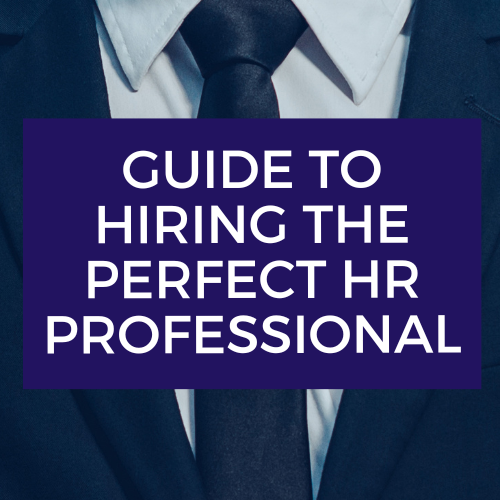The average salary depends on experience, location, and company size. Our guide provides detailed information to help you understand these variables.
HR Advisor Salary Guide
Whether you're looking for talent or exploring your career options, this guide gives up-to-date information about HR Advisor compensation trends across firms of varying sizes.
Download HR Advisor Salary GuideUK HR Advisor Salary Guide
If you’re looking for clarity on HR Advisor salaries, our comprehensive guide has you covered. It’s packed with data to help employers attract the best candidates and assist HR professionals in planning their career moves.
From industry-specific salaries to regional variations, this guide offers a clear snapshot of what to expect in the UK HR Advisor market.
Why Choose the HR Recruit Salary Guide?
What makes our salary guide stand out is its accuracy. Unlike many sources that rely on generic averages, our insights are based on real-world data collected directly from HR professionals.
With HR Recruit, you get information you can trust to make informed decisions.
How does HR Recruit gather HR Advisor Salary Information?
Our data comes from a wide network of HR professionals across the UK. Through ongoing surveys and our bespoke candidate registration portal, we compile detailed salary and benefits information.
Updated annually, this robust methodology ensures our salary guide reflects current trends, making it an invaluable resource for anyone navigating the HR Advisor job market.
Factors Affecting HR Advisor Salaries
Several elements influence how much HR Advisors earn in the UK. These include:
- Industry Trends: Different sectors often offer varying salary levels.
- Location: Salaries fluctuate depending on where you are based in the UK.
- Experience and Expertise: More experienced professionals command higher pay.
- Company Size: Larger organisations tend to offer higher salaries to reflect greater responsibilities.
- Market Conditions: Supply and demand in the HR job market play a significant role in shaping salaries.
- Professional Credentials: Certifications like CIPD and other qualifications can boost earning potential.
- Benefits Packages: Bonuses, pensions, and perks often enhance base salaries.
- Job Responsibilities: The scope of the role influences how much employers are willing to pay.
- Salary Expectations: Individual expectations can also impact negotiations and final offers.
Our guide provides a detailed breakdown of these factors, along with region-specific insights to give you a well-rounded understanding of HR Advisor compensation.
Why Download Our HR Advisor Salary Guide?
We’ve organised the guide to show salary variations by region, company size, and industry.
Whether you’re interested in pay rates at a start-up or a multinational corporation, this guide offers a valuable benchmark for HR Advisor salaries across the UK.
Discover what HR Advisors are earning across the UK. Download your guide now!
Download HR Advisor Salary GuideFrequently Asked Questions
Larger organisations tend to pay higher salaries due to the complexity of their operations. Our guide includes salary ranges based on company size.
Salaries often vary by region. For example, London typically offers higher pay due to the higher cost of living and demand for HR professionals.
HR Advisors frequently receive bonuses, pensions, healthcare, and other perks, which are detailed in our guide to give you a complete picture of compensation packages.
Yes, experience plays a key role. More seasoned HR Advisors can command significantly higher salaries. Our guide breaks down salaries by experience level.
Different industries value HR roles differently, leading to varying pay scales. Our guide analyses salary trends across sectors to highlight these differences.
Interim roles often come with higher daily rates but lack the long-term benefits of permanent positions. Our guide compares salaries for both types of roles.
CIPD qualifications and HR-related degrees are highly sought after and can positively influence salaries. Our guide explores the impact of these credentials on earning potential.
Higher education and professional qualifications can have a significant impact on earnings.






